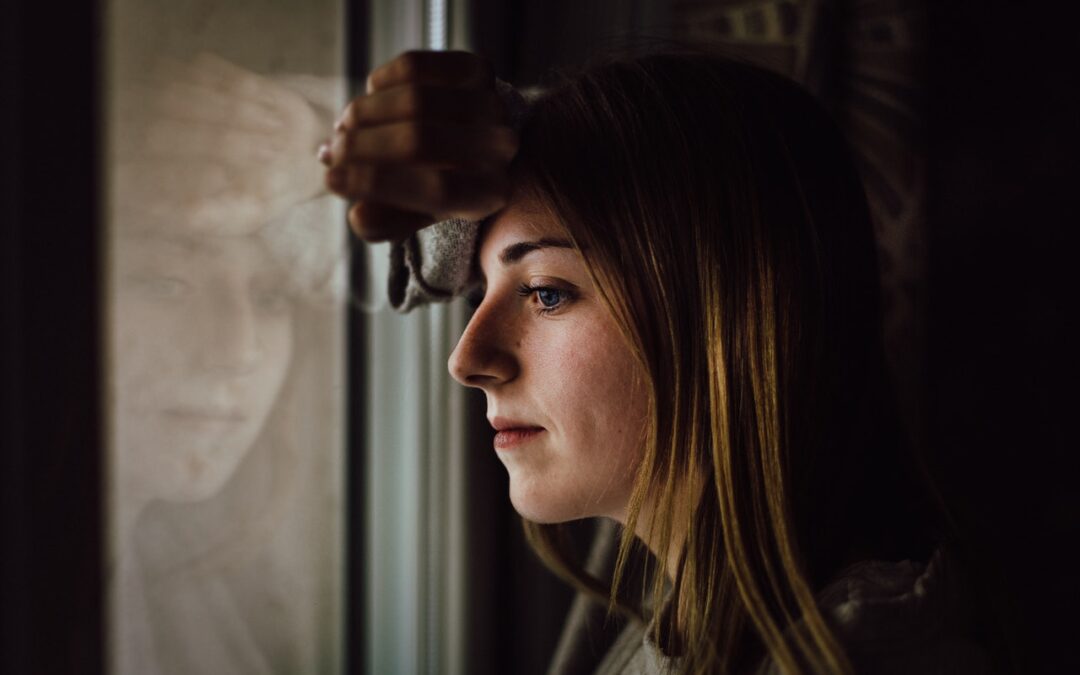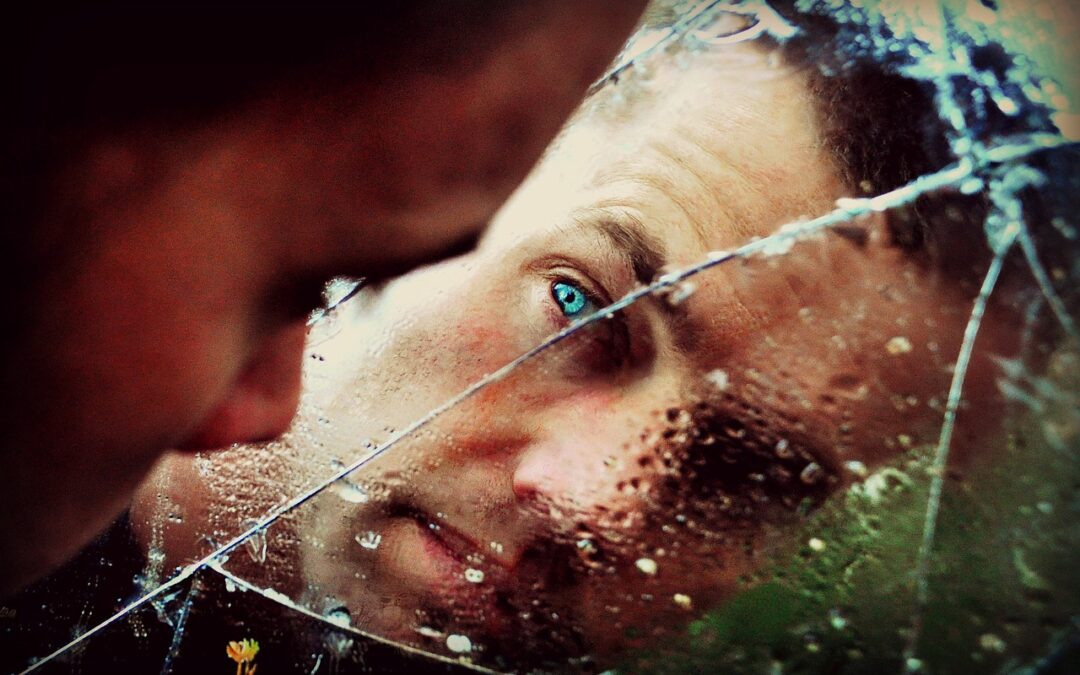
Everyone Grieves Differently
In the months after my daughter’s death in 2009, I struggled with the notion that others around me didn’t appear to be grieving the “right way.”
Initially, I was frustrated that for the most part, my husband and other children didn’t openly cry or talk about her death the same way I did.
Occasionally, I felt outright angry that they appeared to be knowingly suppressing their pain, or showing signs of depression while refusing my urges for them to go to grief counseling. Despite no spoken requests from them, I took cues from their silence and felt compelled to tone down my own feelings of despair around my family. It made me feel isolated in the place where I thought I should be getting the most support – at home.
Not getting the specific type of support I wanted at home, I desperately looked for it in other places. I read book after book about death and grief. So driven to talk about my daughter’s death and the devastation it brought, I went to grief counselors and support groups. Talking about my unbearable pain seemed to me the only way to survive it.
But even in those settings – while there were many similarities in how we grieved – I still found myself frustrated at the numerous differences.
It seemed the experience of losing a child was different than losing a parent, spouse, or other cherished loved one. But even when I was around other bereaved parents, there were other differences. They included the age of the child when they died, the circumstance of their death, the support systems each person had in place, or the length of time since their child had died.
While I appreciated the opportunity to find some solace in telling my story to all these people, I ended up comparing their grief to my own.
In the beginning, I was doing it to try to figure out the “right” way to grieve; the way that would somehow alleviate my intense suffering. Talking helped, but nobody shared my exact situation. Therefore, no one shared all the same combination of struggles as me. It made me frustrated.
Later in my grief, if I saw where others struggled in areas I seemed to have a handle on, I offered advice. Just like the situation with my immediate family in the early months, I thought I knew what was best for these people. When they wouldn’t follow my advice – despite it being offered in the best of intentions – I found myself frustrated again.
The problem with this approach is that it can unintentionally imply that there is a “wrong” and a “right” way to grieve. But there isn’t.
I can pinpoint the moment when this all became perfectly clear to me. It was while attending a Compassionate Friends conference. During a session, the speaker talked about her own experience of losing her son, and how she grieved differently than both her husband and other son. She discussed studies that showed the typical ways fathers, mothers, and siblings grieve the death of a child (no matter their age). It all confirmed my own experiences.
But then she said something I’d never thought of before. She suggested the main reason we grieve differently – even in the case of a family grieving the same loved one – is because we are not grieving the person. Rather, we are grieving our relationship with that person.
Every relationship is unique. So too is our reaction to losing that relationship. In this example, a father’s relationship with his child is fundamentally different than that of a mother’s relationship with that same child. And neither the mother nor the father can truly understand the relationship their surviving child(ren) had with that same child. You can apply this concept to any family member or friend.
So even if my earlier attempts to find someone who had experienced a loss in the exact same set of circumstances as me had worked, I still wouldn’t have found the solace I was looking for. Even if our circumstances were somehow the same, our relationships with our loved one could never be the same. Therefore, our grief wouldn’t be either.
Ultimately, I’m left with the understanding that what works for me, works for me. It may or may not work for others.
My way of grieving is not “right” and different ways are not “wrong.”
While I still may be tempted to offer advice to others, I have learned not to judge if they don’t take it. My hope still remains that everyone faced with a devastating loss will somehow find their way through it with the support and understanding they need.


 There is a time in everyone’s life when everything seems to come together like the pieces of a puzzle. We have to share the gift of our faith and of God’s love, and demonstrate how God even shows it physically to us. In my case, it is a rock – a simple rock picked up off the ground and handed to me by my child. Big Deal? How many times do our kids give us rocks, leaves, bugs?? How many times have you missed the message God sent to you through a child? I know I have several times, I wasn’t always watching, or listening close enough.
There is a time in everyone’s life when everything seems to come together like the pieces of a puzzle. We have to share the gift of our faith and of God’s love, and demonstrate how God even shows it physically to us. In my case, it is a rock – a simple rock picked up off the ground and handed to me by my child. Big Deal? How many times do our kids give us rocks, leaves, bugs?? How many times have you missed the message God sent to you through a child? I know I have several times, I wasn’t always watching, or listening close enough.


 This website was inspired by the memory of Margareta Sol Kubitz in hopes of helping others work through the pain of grief.
This website was inspired by the memory of Margareta Sol Kubitz in hopes of helping others work through the pain of grief.